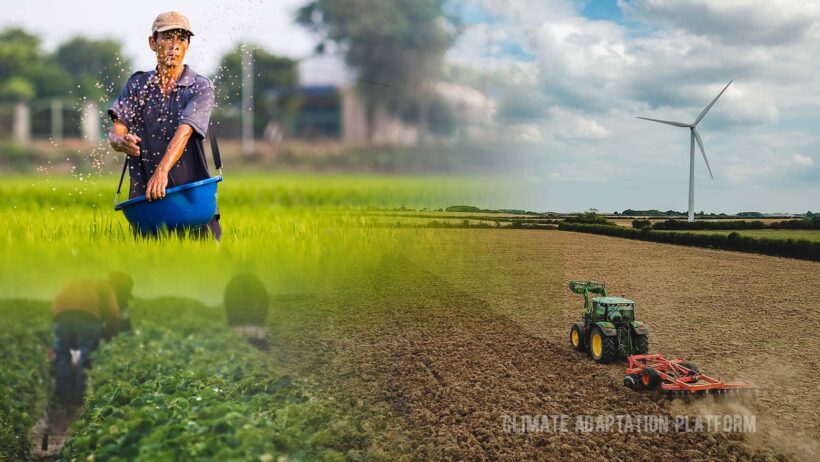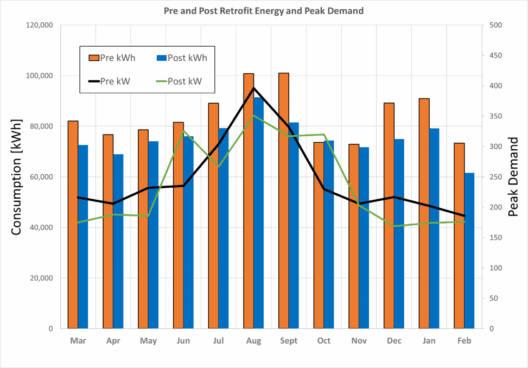As we enter an era marked by the inexorable impacts of climate change, Indonesia finds itself at a critical juncture regarding its food production strategies. With its vast archipelago comprising over 17,000 islands and a unique blend of ecosystems, Indonesia’s agricultural landscape is as diverse as it is vulnerable. The challenge now lies in transforming this landscape while ensuring that food security is not just an aspiration but a tangible reality for its citizens. The fusion of climate action with agricultural productivity is not merely a choice; it is a profound necessity.
Historically, Indonesia has been a significant player in the global agricultural arena, primarily as a producer of rice, palm oil, and fisheries. The nation’s tropical climate, combined with fertile volcanic soil, creates an exceptional environment for crop cultivation. However, this idyllic setting is now threatened by escalating climate anomalies such as increased rainfall variability, prolonged droughts, and the looming specter of rising sea levels. These factors not only jeopardize crop yields but also endanger the livelihoods of millions of farmers who rely on agriculture for their existence.
To address these challenges, a paradigm shift in agricultural practices is imperative. Innovative techniques such as agroecology and permaculture can potentially mitigate some of the detrimental effects of climate change. Agroecology, which emphasizes maintaining ecological balance and diversity, offers an invitation to farmers to reimagine their role in food production. By intercropping native species and utilizing organic farming methods, Indonesians can foster resilience in their agricultural systems while enhancing biodiversity.
Moreover, the incorporation of technology in farming practices stands as a harbinger of hope. Precision agriculture, augmented by satellite imagery and data analytics, allows farmers to optimize their inputs for maximum yield with minimal environmental impact. Such technological advancements can lead to a more sustainable use of resources, thus addressing both production demands and environmental concerns.
Indonesia’s geographic diversity necessitates tailored approaches to agricultural adaptation. For instance, in mountainous regions, the focus could shift towards cultivating high-altitude crops that are more resilient to climate fluctuations. Conversely, low-lying coastal areas might prioritize salt-tolerant varieties of rice to counter the salinization of arable land due to rising sea levels. By leveraging indigenous knowledge and scientific research, the country can develop a localized approach that speaks to the unique characteristics of its diverse landscapes.
Importantly, promoting sustainable land-use practices can contribute to the larger narrative of climate action. Agroforestry, which integrates trees into agricultural systems, serves a dual purpose—enhancing biodiversity and sequestering carbon dioxide. The potential for landscape restoration through reforestation and afforestation initiatives can play a pivotal role in curbing greenhouse gas emissions while simultaneously increasing agricultural productivity. The integration of trees into farming practices provides shade for crops, thus reducing the thermal stress that may otherwise hinder growth.
Additionally, achieving food security is inextricably linked to empowering local farmers and enhancing their adaptive capacities. Capacity-building programs that encourage the dissemination of knowledge regarding sustainable farming techniques can significantly influence local agricultural economies. Moreover, initiatives that enable farmers to access markets for their produce sustainably can help generate new income streams, further incentivizing climate-friendly practices.
However, the path toward an ecologically sound food future requires collaboration among various stakeholders. Intergovernmental partnerships, non-governmental organizations, and local communities must converge to create a cohesive framework for sustainable agriculture. Such collaborative efforts must prioritize policies that support eco-friendly farming and ensure that smallholder farmers are equipped with the necessary resources to thrive.
Furthermore, the role of consumer awareness cannot be overlooked. As global food networks continue to expand, the demand for sustainably produced goods is increasing. Educating consumers about the benefits of supporting local and sustainably sourced products can drive a significant shift in market dynamics. Engaging consumers in discussions about the environmental implications of their food choices creates a feedback loop that encourages more environmentally responsible agricultural practices.
Climate resilience in food production also necessitates an urgent focus on water management. Indonesia’s variable weather patterns often lead to extreme droughts or floods, underscoring the importance of efficient water use and distribution systems. Investment in rainwater harvesting and the development of efficient irrigation techniques can alleviate pressure on dwindling freshwater resources while optimizing agricultural output.
As Indonesia charts its food future, the narrative must be framed not as a burden but as an opportunity for innovation and growth. The interconnection between climate action and food production presents a canvas rich in potential. By embracing sustainable practices, fostering technological advancements, and uniting various stakeholders, Indonesia can emerge as a leading example of how nations can harmonize agricultural productivity with the urgent need for environmental stewardship.
The journey towards a resilient food system, resilient not just to climate fluctuations but to the socio-economic challenges that accompany them, is not just a challenge; it is an invitation to re-envision the very foundation of Indonesia’s agricultural identity. The path may be fraught with obstacles, yet the promise of a sustainable and food-secure future beckons with undeniable urgency. Embracing this duality of purpose lies at the core of Indonesia’s food future: balancing production with an unwavering commitment to climate action.







